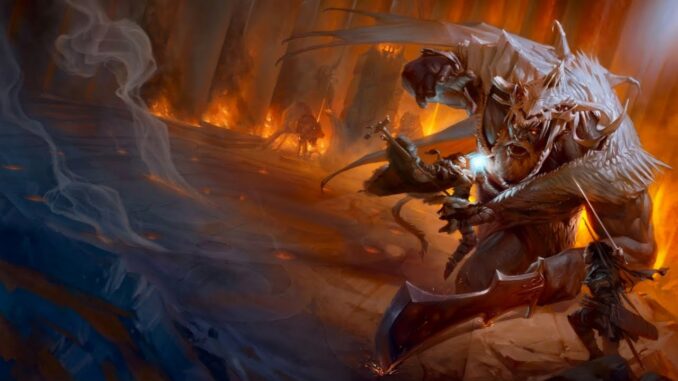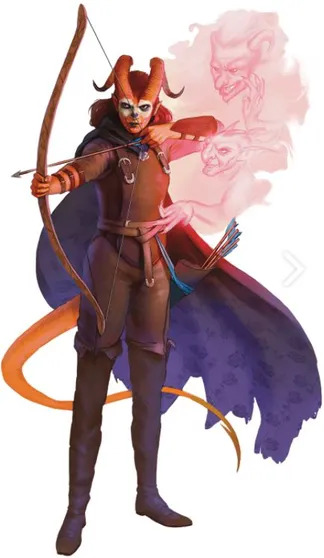
Within the pages of 5th Edition Dungeons and Dragons there exists a wide amount of official subclass or archetype options for your players to choose from. But there also exists room for the DM to use the subclasses to enrich their game world as well. Unless the characters are truly unique within the setting (something that is not out of the realm of possibility for a game), there is likely someone (or multiple someones) else that is blessed (or cursed) with similar abilities or who chose to walk a similar path in life. There have existed other heroes and adventurers before, and there will continue to be more once this particular story is done. So it stands to reason that organizations founded around certain abilities could have been founded – something beyond your standard thieves’ guild or adventurers’ guild. So that’s what we’re going to do here – we’re going to take a look at a subclass and give enterprising DMs ways that they might be able to use it to inject something new into their game. And we’re going to start by looking at one of the more unique Rogue archetypes – the Phantom from Tasha’s Cauldron of Everything.

The Phantom is a Rogue that has been touched by the shadow of death. But instead of succumbing to its power, they’ve found a way to turn it to their advantage whenever possible, both as a weapon and as a tool for deeper and greater knowledge. Not only can Phantoms borrow the knowledge of the dead to give themselves proficiency in a skill or tool that they don’t possess naturally themselves, but they can eventually create “soul trinkets”– items that possess the spirit of someone that died within the presence of the Phantom. While the trinkets act as protective talismans for the Phantom, they can also break them to call forth the spirit of the dead to answer one question posed to it.
The Speakers for the Dead
There is a certain temple often associated with clerics of the Grave Domain that help those who are dying to cross over to their final rest, and they recruit these Phantoms to capture the spirit of the departed while they administer their faith’s last rites. The soul trinkets are then displayed in a position of reverence within the temples, to be broken if the need ever arises for consultation or for a family member to visit their loved one last time (with the proper tithe of course).
The Everyman’s Guild
A skilled craftsman can be a hard thing to find, especially as you get into the more esoteric disciplines. The same goes for someone who is well-trained with a particular skill. However, the Phantoms possess the unique power to get advice and knowledge from the spirits and use the deceased’s knowledge to help on the material plane. So a Phantom could be a carpenter one day, a leatherworker the next, and a cobbler on the third. This is the principle behind The Everyman’s Guild – for a fee, you can “rent” one of the guildmembers for a job, and you’ll be sure that whoever you hire is highly skilled. Provided you can get past the whole “using the knowledge of the dead” thing.
Bounty Hunters of the Damned
The Phantom possesses the unique ability to harness the very screams of the dead as a weapon, using it to attack multiple foes with a single thrust of their knife. For this reason, they are uniquely capable at taking down criminal groups. Whereas a regular bounty hunter may only be able to contend with a single target, the Phantom can utilize their abilities to cause terror and havoc within even a large group of foes. And their ability to utilize many skills and tools means that they are very capable and hunting their prey in even the strangest of situations. And more powerful Phantoms can even take in the spirits of their targets, trapping them in their soul trinket where they can be questioned on their crimes even after death. Finding out a Phantom has picked up your contract is enough to make even the most hardened of criminals turn themselves in or fracture criminal gangs into more smaller groups that are easier for more conventional authorities to take care of.
What ways have you used various subclasses within your campaign worlds? Is there any subclass or archetype you want to see given this treatment? Let me know below!

Great idea using subclasses as organizations!
Added to the Blog Database.
https://jonbupp.wordpress.com/blog-database/for-dungeon-masters/world-building/organizations/